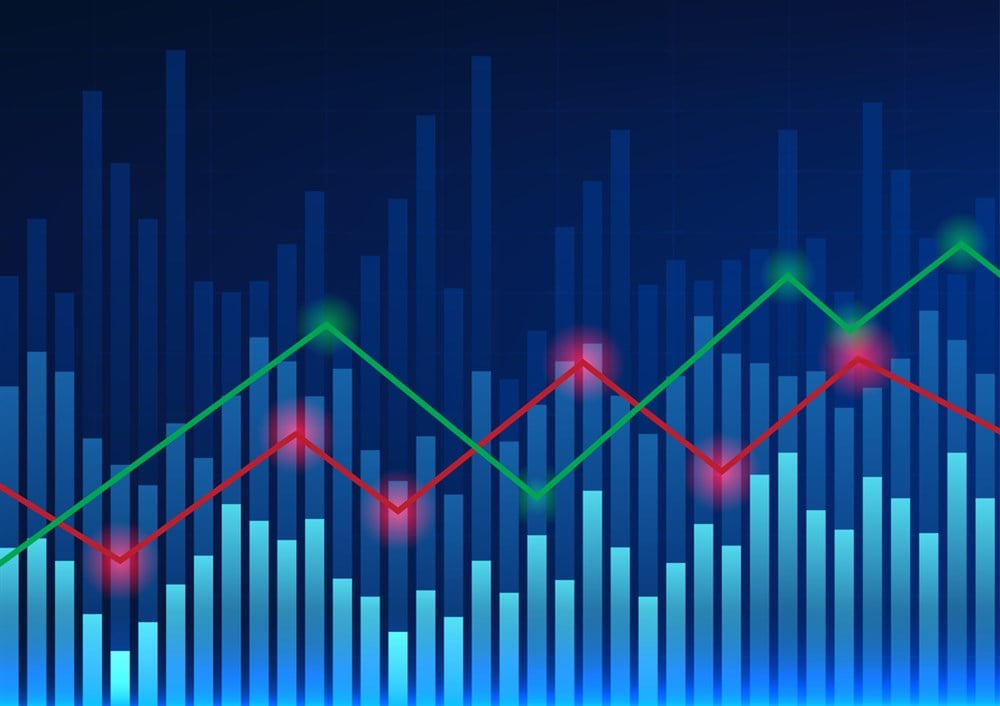
Now that the American consumer is worried more and more about stretching each dollar further and further, there will likely be an exciting divide within the most significant consumer discretionary stocks for the coming quarter. As reported recently, student loan payments will be reinstated, delivering another blow to a low national savings rate.
So far this year, the sector has been doing well, with the Consumer Discretionary Select Sector SPDR Fund (NYSEARCA: XLY) performing 17.7% so far year-to-date, outperforming the S&P 500 by as much as 8.4% as the wave of consumer spending builds more momentum.
Now that this wave seems to be over, with the past quarter delivering a declining blow of 12.5% downside performance, it is more important than ever for you to tend to your portfolio in the best way possible. Here is why Starbucks (NASDAQ: SBUX) and Wendy's (NASDAQ: WEN) may be one of the best moves to accommodate.
Affordability & Preference
Understanding the current consumer psychology, perhaps you know of someone who may be operating in this way already amid the current situation, will lead you to understand why these two names have been chosen as the best combination for the coming months in the cycle.
While Wendy's provides affordable meals at a reasonable quality, Starbucks' pricing strategy seems far away from the former, but that's okay. Starbucks has achieved such a strong brand moat that, even after raising prices by as much as 6.0% during a year when inflation was the primary concern in the consumer's wallet.
Comparable store sales, a main KPI (key performance indicator) for the retail industry, rose 10% over the year for Starbucks. Obviously, people are still willing to pay for their premium caffeine delivered in a way that only Starbucks can.
Now, you may be wondering, what happens if the same business model is applied to the burger business? Well, things may not play out as well. BurgerFi International (NASDAQ: BFI) is known as a premium burger brand, with excellent prices being emphasized; that stock has crashed as much as 50.0% over the past year.
This evidence may bring extra merit to Wendy's affordable pricing model, as its latest quarterly results have proven it to be a resilient performer; what makes it earn this status? How about a year-on-year increase in earnings per share of 27.3%, higher than the industry's average growth of 15.0%.
Upside Potential
Starting with Wendy's, you can note that the stock has breached Wall Street's definition of a bear market, characterized as a 20% decline from recent - or all-time high - prices. This discount makes Wendy's stock a reasonable buy, just on a momentum basis.
But don't just take the chart's word for it; analysts may provide a more substantial reason to assign a price target of $24.6 a share, which - after their extensive research - points to a net upside of 28.0% from today's prices. As far as the overall industry valuation, today's numbers support the thesis.
Starbucks' proverbial apple does not fall too far off the tree, either. This stock has also breached the 20% decline off highs, officially throwing it into a bear market. However, analysts still - rightfully - see a net upside potential of 22.0% from today's prices.
If you still need one more leg to stand on, why don't you ask insiders (management) what they think of their own stock? Starbucks was caught buying back up to $699 million of its stock in the past quarter, for a total of 500 thousand shares.
Now that the stock is hovering around its 52-week low prices, it is safe to assume that you can acquire the stock today for prices below where management thought it to be cheap enough to buy. Therefore, you, too, can ride on the next rally wave.
How are things looking for Wendy's? Management also bought back up to 3.1 million shares so far into 2023. They have announced that a remaining sum of $396.6 million is still available for them to keep buying back shares, which seems likely considering the recent declines.
That's all good and well. However, it is past data; how about the future? Now that GDP has been expanding, driven mainly by consumer spending, it is likely that these benefits will trickle down into the food industry, benefitting both business models because of what they have to offer.



